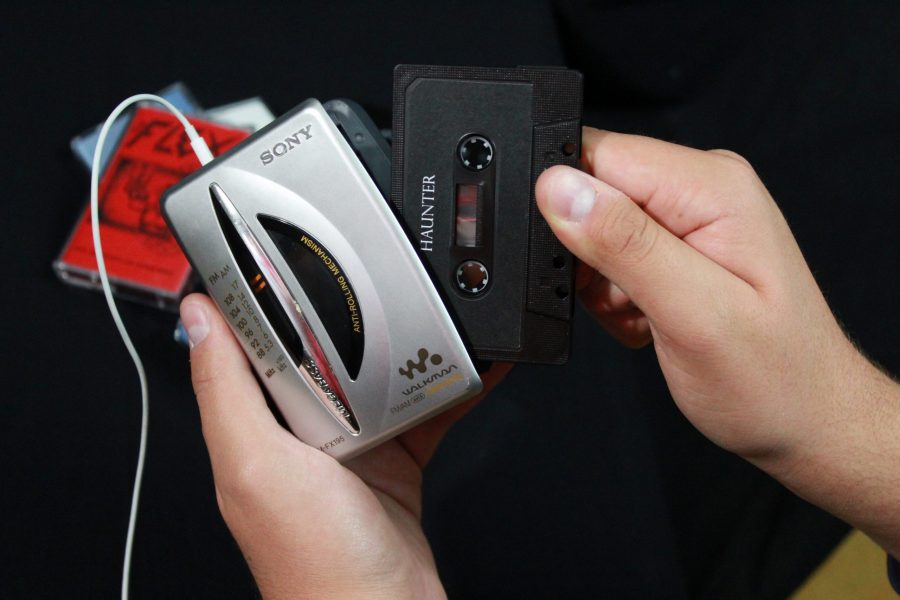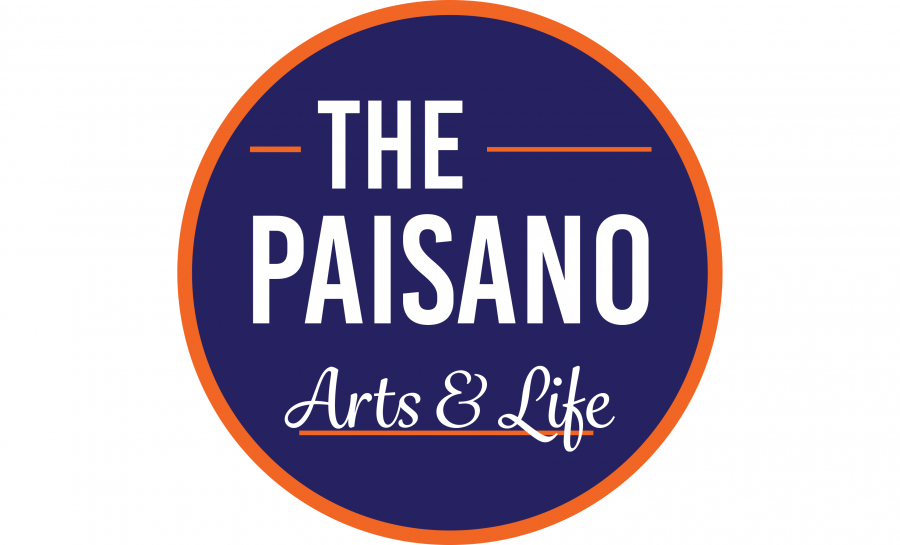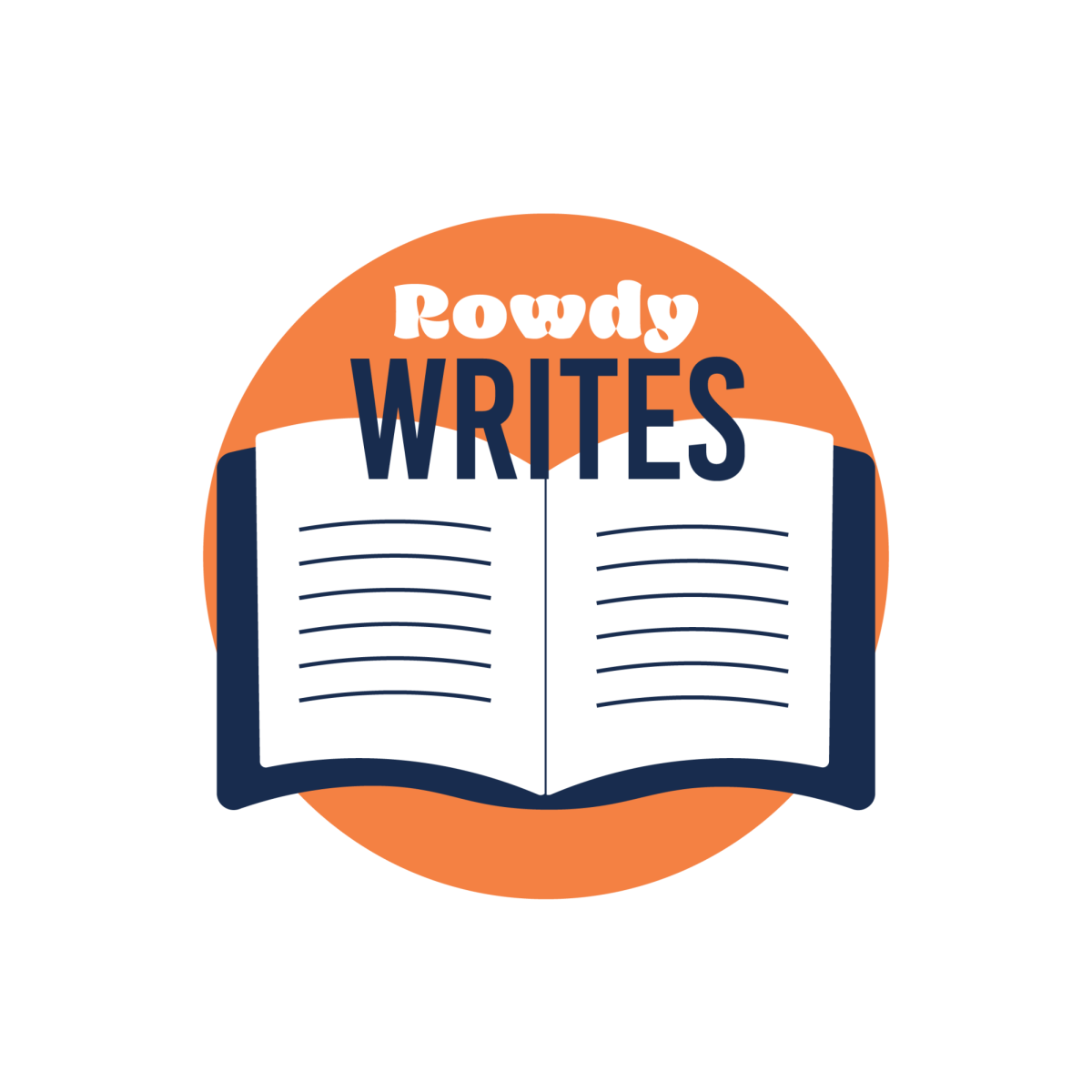In the past few years, we’ve seen huge losses to the musical world: musicians, producers and singers who had profound influences on music today.
These artists were part of a different era of music, one controlled through switches, cables and magnetic tape. An era before the autotuning and the millennial woop. These artists of the past blazed paths through creating great music, but the byproduct of this path was the creation of analog music.

Records. Cassettes. CDs. The boom of vinyl has exploded records and record players back into a spotlight. According to the 2016 Nielsen report sales, vinyl and cassette sales reached 13.1 million units sold compared to 6.1 million sold in 2013. The interest in tangible audio formats is back on the rise, and as more of our beloved entertainers pass on, these tangible objects become mementos.
Across the country, we are seeing a resurgence of labels that are focusing on the release of such formats. At the forefront of this resurgence is vinyl, which has had massive commercial success for both large labels and small labels. Although still considered niche in size compared to digital audio, vinyl records topped their highest point in over 25 years according to a report by the Recording Industry Association of America in 2016.
As LP sales grew in the 21st century, the sales of cassette tapes remained relatively stagnant since their drop in sales in 2008 to around $1 million in total sales. This has shifted in the past few years. “Probably the thing that has enlarged our business is more than anything is the return of music to the audio cassette–the retro movement. There is the nostalgia of holding the audio in your hand,” says Steve Stepp, president of National Audio in an online video published by Bloomberg.
National Audio has stepped up to the plate to bring this revival to the cassette. The almost 50 year old cassette manufacturing company has taken the bulk of business brought on by the music industry’s revived interest in cassettes. It serves as the largest manufacturer of blank cassettes and offers duplication services as well. If you’ve picked up a tape made in the past 17 years, there is a big chance it has passed through National Audio. This is a bittersweet moment for the company.
As of 2014, their supplier of magnetic tape in South Korea stopped making the material. The Week reported earlier this month that National Audio plans on making their plant a manufacturer of magnetic tape, so cassettes made in spring of 2018 will be using the first tape made in the US.
The cassette has been resilient in the face of rising digital music subscription services such as Spotify and Apple Music, which lead the mainstream music industry in sales. Cassettes simply refuse to die.
This is the case for several small labels that are active in today’s underground and touring music scenes. Yippee Ki Yay records, a small psyche/garage rock focused label based out of San Antonio, releases music through cassette, CDs and records. Their first record for Paris band Bacon Fudge was released on tape in 2014. “I think largely within the realm of music I’ve worked in, cassettes are definitely growing still. It kind of became a big thing with Burger Records in the late 2000s.”


“They almost single handedly kickstarted a movement back to that. Burger Records, hardcore punk and other scenes have revitalized it in a lot of different ways,” said Ryan Smith, owner of the Yippee Ki Yay. Smith has released several San Antonio acts on his label, including The Bolos and Junkie and opened up his label family to include international artists such as Las Piñas (Buenos Aires, Argentina) and Baby Jesus (Halmstead, Sweden). Speaking on the resurgence of tape, Smith said, “I think cassettes are a physical artifact that you can pick up, hold and put it in–it takes more effort to listen to it, but it’s also something where it’s affordable where a kid who may not have $20 to get a vinyl LP or $12 to get a CD can spend $5 to get a cassette that comes potentially with a download card. They’ll still get access to that album, and its even cheaper than you would get it on iTunes, and it comes with this goofy artifact that you can collect and hold. It’s almost more than the music. It’s truly an artifact. It’s a piece of art.
Somebody had to put thought into the color, the art itself, the layout…the design of it overall. It’s not just a tool for conveying data and information which is the music. It’s truly part of the release itself in an art form in and of itself.” Being cheap and easy to reproduce makes it an ideal format to release, especially if you’re starting to put together a record label or trying to sell your own music.
This is the case of 18 year old Cain Cox and his label Dagger Death based out of Denver, Colorado. Cox is representative of the younger generations who will be tasked with learning the technologies of analog audio.


Cox is proactive with this notion. “Depending on the the band and what they want to release, I order blank tapes from either National Audio or another small company. At first, I did my duplication through a small company here in Denver, but I was able to acquire duplication equipment on my own, so now I duplicate in house. As for J-cards, I print them here in Denver at a printing store, and all the layouts I do myself. Most of the process is done at home, primarily because I like the work and I like keeping my label hands on and in-house,” says Cox. Cox goes onto explain why he was interested in this format and where it is going.
“When I got into tapes, what I wanted were old death metal demos because I just thought they were cool. And the sound of tapes with the crackle in the back was always rad to me. I started making tapes and the label because I wanted to be able to support bands but I’m also not rich so I can pay for bands to release stuff on tape because it was so much cheaper and cassettes are still a large part of the metal community and I honestly think they are getting bigger I mean, Tyler the Creator released his new album on cassette, and he is huge.”
Dagger Death is also the newest branch of Cox’s DIY projects. The young entrepreneur also released his own zine under the same name as his label, which has included active bands in today’s metal scene including Spectral Voice (Denver, CO) and Gatecreeper (Phoenix, AZ).
It is clear cassettes are here to stay. Walkmans are cheap and easy to find at thrift shops or antique stores. Cassettes are equally easy and cheap to find at your local record shop, online or at the merchandise stand at shows. Hogwild Records,
Friends of Sound and Imagine Books & Records are all local shops that carry cassettes. Bandcamp.com is filled with up and coming acts and labels that release cassette.
Texas is booming with labels that release cassettes. Check out Rat Tail Tapes (SATX), Dead Weight Tapes (SATX), Yippee Ki Yay (SATX), Red River Family Records (ATX), Holodeck Records (ATX) and Screwed Up Records & Tapes (HTX). Many local bands are also riding this wave of cheap high-profit merch including Junkie, The Bolos, Cosmic Behemoth, Haunter, Sudden Attack, Death Cult, Amygdala, MeduSSSa, Creep Stare and P I N K O to name a few. Support your local scene.
Buying a cassette as opposed to a record or CD is different in effect because cassette sales typically go straight to a label or artist. Billboard reported that 46 percent of cassette sales were direct-to-consumer sales in 2016.
This holiday season give the gift of tape. Not only do you give the gift of music to someone, but you directly support the artists and labels of tomorrow. Music that may one day be a memento to a nostalgic older you.







